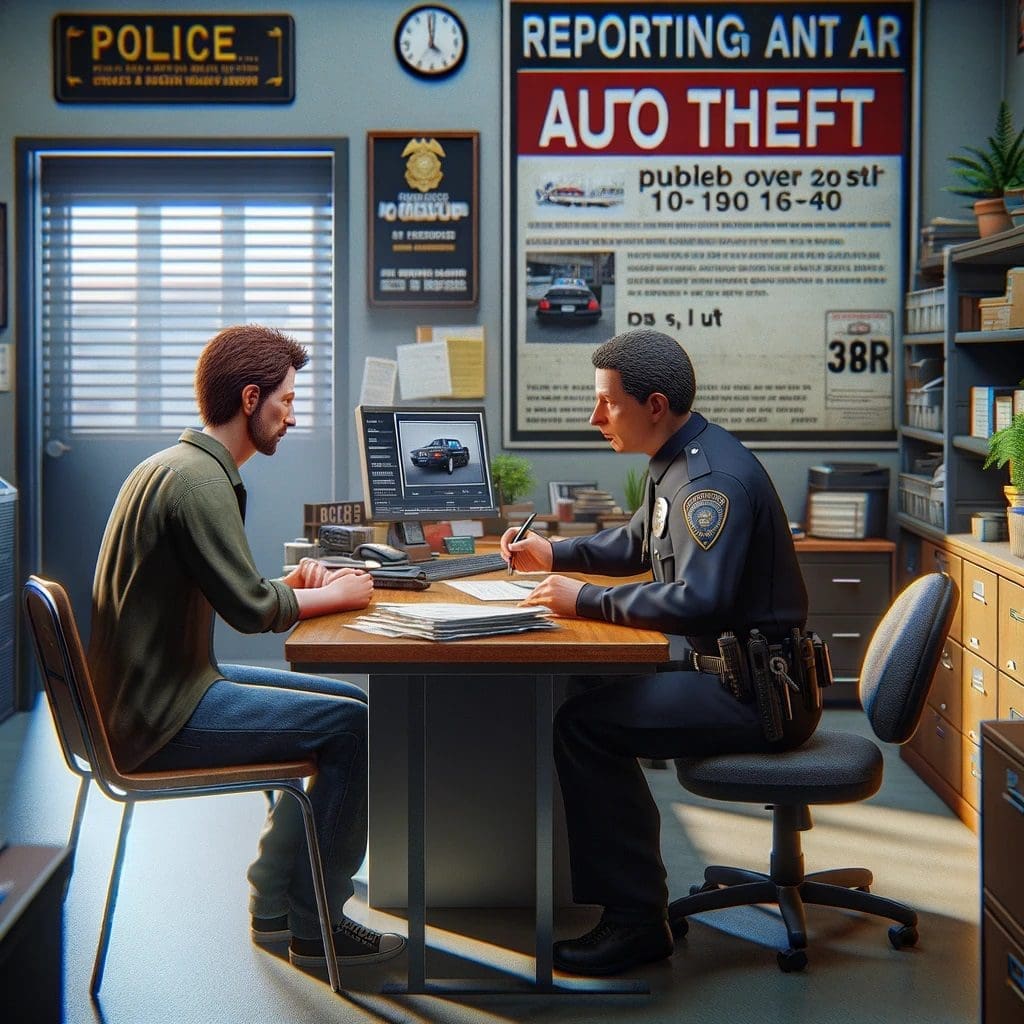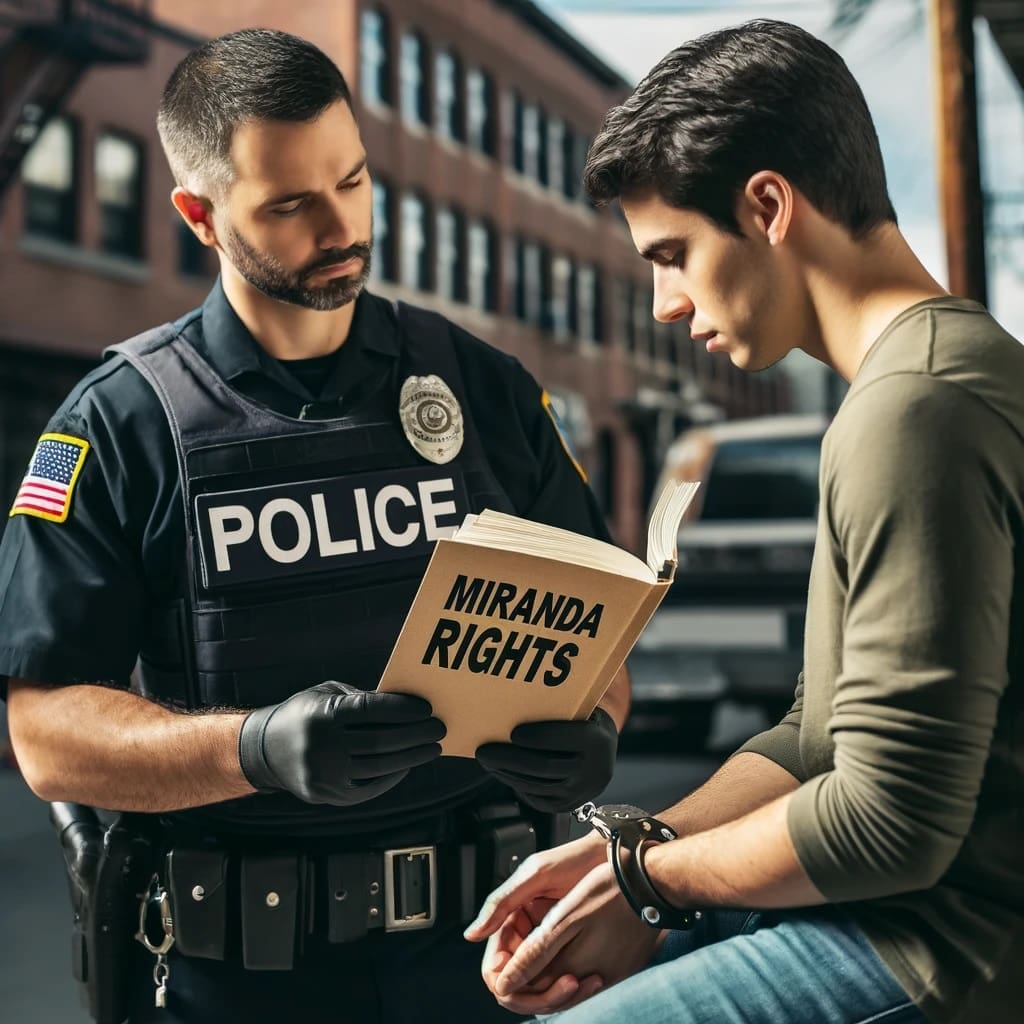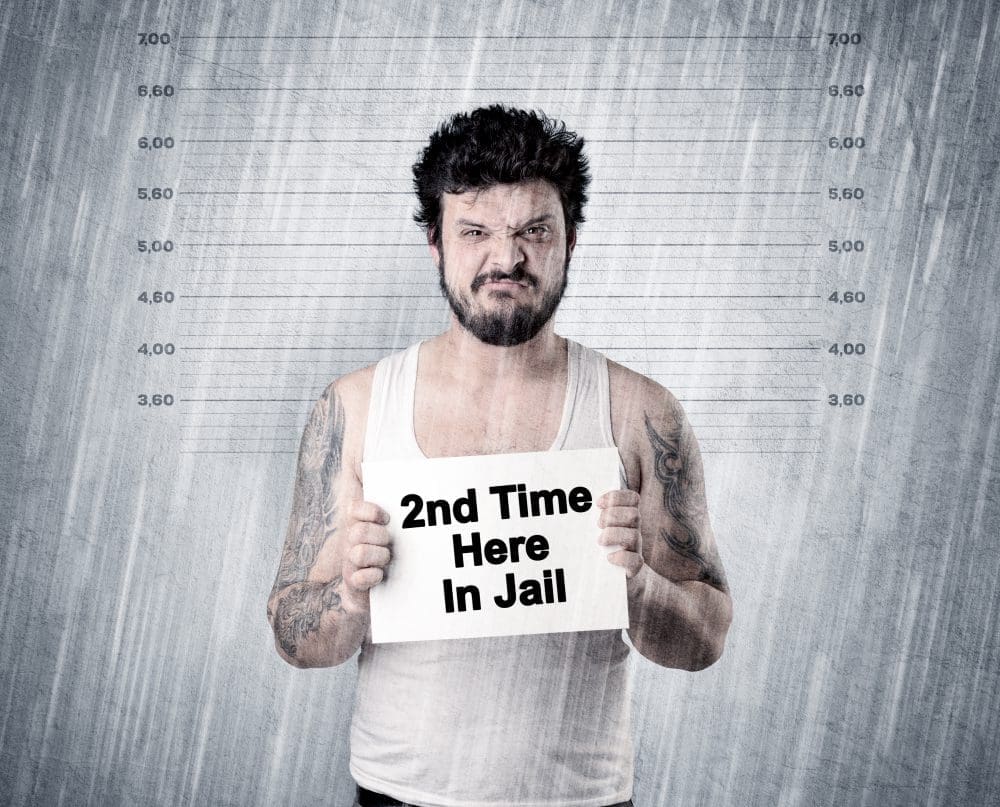Police

Police in the Legal Framework: Balancing Enforcement and Rights
The role of police in society is pivotal, and understanding the legal intricacies of their operations is essential. This article explores the balance between police duties and public rights, focusing on legal frameworks and individual liberties.
Police are empowered to enforce the law, maintain public order, and protect citizens. This power, however, comes with a significant responsibility to uphold the law and respect individual rights. Legal guidelines and training are crucial to ensure that police actions are lawful and just.
One of the critical aspects of police operations is the adherence to legal protocols during arrests, searches, and interrogations. Police must follow procedures set by law to protect individuals’ constitutional rights, such as the right to remain silent and the right to an attorney.
The use of force by police is a highly scrutinized topic. Legally, police are allowed to use force when necessary and proportionate to the threat encountered. The legal standards for the use of force are designed to prevent abuse and protect both officers and citizens.
Community policing strategies also play a significant role in legal dynamics. These strategies focus on building trust and cooperation between police and communities, emphasizing the importance of understanding and respecting diverse backgrounds and experiences.
Legal challenges in policing often arise from issues like racial profiling, privacy concerns, and the need for transparency and accountability. Addressing these challenges requires ongoing legal review, community engagement, and policy reform.
In conclusion, the legal framework surrounding police operations is complex, encompassing a range of duties and rights. Understanding these legal aspects is crucial for both law enforcement professionals and the public.
Moreover, technological advancements have introduced new legal considerations in policing. The use of body cameras, drones, and digital surveillance tools requires careful legal regulation to balance law enforcement needs and privacy rights.
Training and education in legal aspects are vital for police officers. Regular training on legal updates, ethical standards, and community relations is essential for effective and lawful policing.
Civilian oversight mechanisms, such as police review boards, also play a critical role in ensuring legal compliance and building public trust. These bodies review police actions and provide a platform for public accountability.
Lastly, the evolving nature of crimes, such as cybercrimes and transnational offenses, poses new legal challenges for police. Adapting to these changes while respecting legal norms and human rights is key to effective law enforcement in the modern era.
In summary, police operations in the legal landscape involve a delicate balance between enforcing the law and respecting individual rights. Continuous legal education, community collaboration, and accountability mechanisms are essential for upholding justice and maintaining public trust.










